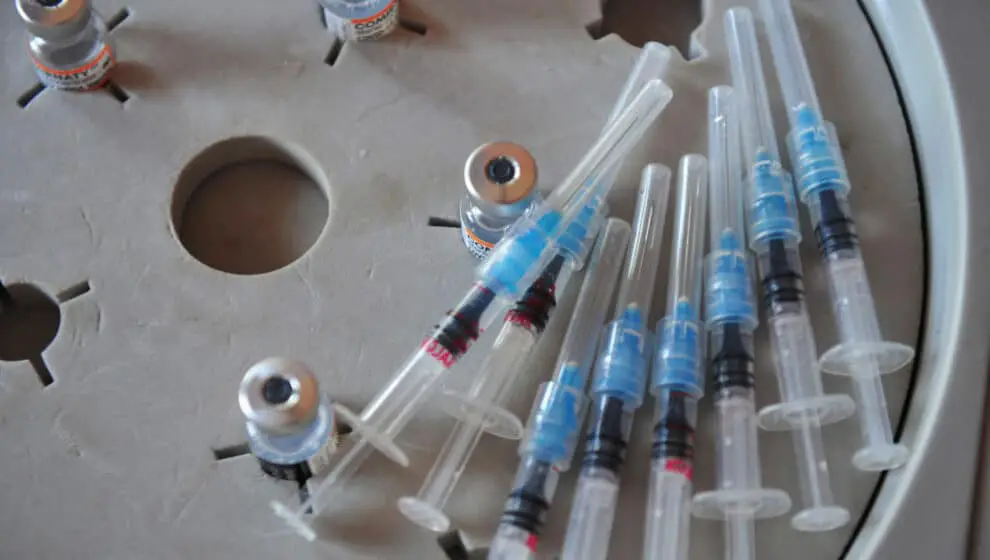The newest part of the Twitter Files shows that major pharmaceutical companies used the social-media company to crush critics of Big Pharma who pushed for generic low-cost vaccines.
Key Details
- Twitter CEO Elon Musk and several independent journalists, namely Matt Taibbi, continue to release new parts of the Twitter Files, showing the social media website’s former owners and their efforts to censor political discourse.
- Independent journalist Lee Fang, who previously released Part 8, released Part 15 on Monday morning about “how the pharmaceutical industry lobbied social media to shape content around vaccine policy.”
- Fang’s more extensive write-up is available at The Intercept.
- “This thread by Lee Fang shows how Twitter was pressured to suppress users demanding access to generic vaccines,” says Taibbi.
- See our previous coverage on Part 1, Part 2, Parts 3-5, Part 6, Part 7, Parts 8-10, Parts 11-12, Part 13, and Part 14.
Breaking Down Part 15
This is not the first time the Twitter Files have addressed the issue of pharmaceutical companies and their influence over social-media giants like Twitter. Former New York Times journalist Alex Berenson directly alleged Pfizer director Dr. Scott Gottlieb of collaborating with Twitter to censor himself and other journalists in Part 13, particularly over medical claims that might affect Pfizer’s bottom line.
As Fang points out, Pfizer, Moderna, BioNTech, and the lobbying company Biotechnology Innovation Organization (BIO) were directly lobbying the federal government to sanction companies that violated patent rights and produced generic equivalents of the COVID-19 vaccine.
“The global lobbying blitz includes direct pressure on social media. BioNTech, which developed Pfizer’s vaccine, reached out to Twitter to request that Twitter directly censor users tweeting at them to ask for generic low-cost vaccines … The potential ‘fake accounts’ that Twitter monitored for protesting Pfizer? These were real people,” he says
Twitter did not consider these tweets abusive but continued monitoring accounts critical of Pfizer’s patent hawkishness. The pharma companies would collaborate on a content moderation project to crack down on misinformation, which in practice included “unhinged” vaccine conspiracy theories and “gray area” issues like vaccine passports, vaccine mandates, and coerced vaccination.
“The Moderna/Pfizer-funded campaign included regular direct emails with lists of tweets to takedown and others to verify. Notably, this massive push to censor and label covid misinformation never applied to drug companies. The rules applied only to critics of the industry,” says Fang.
